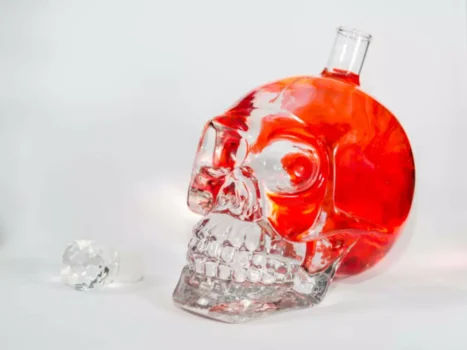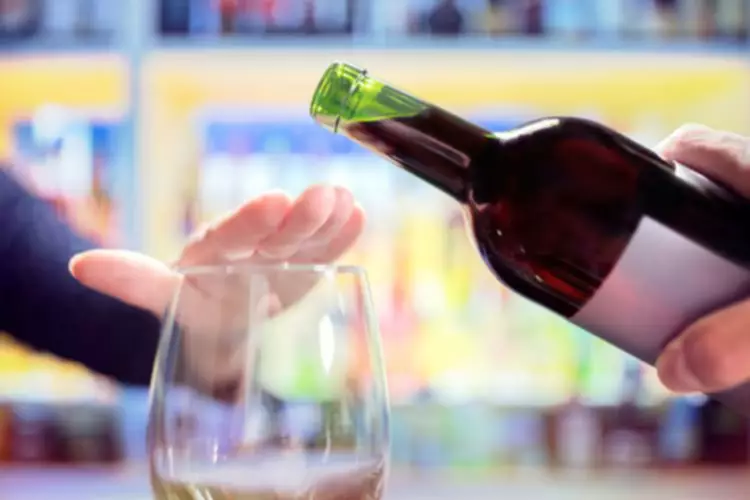
Beer and wine, in addition to being high in histamine, can aggravate a runny nose or nasal congestion. Few things can be more frustrating than enjoying a drink with friends only to be interrupted by incessant sneezing. Alcohol-induced sneezing is a peculiar phenomenon that affects a small percentage of individuals. While the exact cause is not fully understood, several theories attempt to explain why some people experience this reaction. In this article, we will explore the possible reasons behind why you may sneeze after drinking alcohol. While this may sound like an allergic reaction, these types of reactions to wine or beer actually have more to do with your immune system.

What Are the Causes of Sudden Onset Alcohol Intolerance?
To avoid experiencing such allergic reactions, it is important to consult with a doctor and identify any allergies before drinking red wine. If you’re allergic to alcohol, you may experience hives, itching, swelling, difficulty breathing, and wheezing. If you experience any of these reactions after drinking red wine, it could be a sign that you are intolerant or allergic to alcohol. It is important to consult with your doctor for an accurate diagnosis and appropriate treatment. If your symptoms are caused by sinus problems, you may need to see an allergist or immunologist for tests and treatments.
Supplements That Can Help With Alcohol Intolerance
For example, red wine contains a much higher percentage of histamines when compared to white varieties, so choose wisely if wine sneezes are known to put a damper on your evening. In contrast to sulfite intolerance, alcoholic hepatitis is a liver disease that occurs when the body cannot break down alcohol efficiently. Symptoms of alcoholic hepatitis may include jaundice (yellowing skin or eyes), fatigue, nausea, and abdominal pain. Treatment for alcoholic hepatitis usually involves lifestyle changes such as abstaining from alcohol, eating a healthy diet and exercising regularly.
Medical Professionals
As a result, their bodies produce inactive ALDH enzymes that are unable to properly break down the alcohol into acetic vinegar. Beer contains histamines, which are produced by yeast and bacteria during the fermentation process. This inflammation can trigger a wide range of symptoms like nausea, vomiting, muscle aches, heartburn, and even headaches. Additionally, alcohol can worsen existing allergic reactions as Substance abuse it suppresses the body’s ability to fight off foreign substances. Signs of an allergic reaction may include nausea, vomiting, hives, and itching. It is essential to recognize when one has an alcohol intolerance, as this can be a serious health concern.

- Some people find that when they drink alcohol, they experience sneezing and nasal congestion.
- Additionally, dehydration caused by alcohol consumption can also contribute to sinus congestion.
- It is usually caused by genetic variations in the ALDH2 gene, which produces the enzyme that metabolizes alcohol.
- We publish material that is researched, cited, edited and reviewed by licensed medical professionals.
- Studies have found benefits to consuming small amounts of tannin due to its natural antimicrobial and histamine regulating effects.
Your doctor or allergist will likely perform a skin test in order to determine what component of wine you are allergic to. Once the allergen has been identified, your doctor can help you develop a plan of action to manage your allergy in the future. If you are experiencing any of these symptoms after consuming wine, it could be because you are allergic to one or more components found in the beverage. In addition to filtration, the use of fresh fruits and vegetables in cocktails can pose a risk for those with oral allergy syndrome (OAS). OAS is an allergic reaction to certain proteins found in raw fruits and vegetables, which are also present in many alcoholic drinks.
- This will help reduce the number of histamines in your drink and make it less likely to trigger a sneeze.
- In some cases, symptoms may be the result of an underlying condition that can be managed with proper medical treatment.
- However, studies have found that a large percentage of red and white wines exceed these recommendations.
- Another reason why alcohol can cause wheezing is that it not only contains histamines but also stimulates the body to release excess histamines, causing an inflammatory response.
It can also happen in people who have a genetic defect in the aldehyde dehydrogenase 2 (ALDH2) gene. People with this defect aren’t able to metabolize alcohol as quickly as others, which leads to a buildup of a compound called acetaldehyde that is known to cause skin flushing. For many people, more than 2 ounces of alcohol can lead to triggering allergies which is also termed as alcohol allergy. This can again make your nose get stuffy when you drink alcohol with some complaints, which may need medical treatment.
Public Health

Knowing the ingredients used to make a wine can help you make why does alcohol make me sneeze an informed decision about what kind of wine you want to drink. If you suspect that your sneezing is triggered by alcohol, try observing whether it occurs consistently after drinking alcohol and if other allergic symptoms are present. Consulting with an allergist can help differentiate between alcohol-induced sneezing and allergic rhinitis. Yes, some people may experience more severe allergic reactions to alcohol, such as hives, itching, swelling, or shortness of breath. Alcohol is a common trigger for sneezing in some people, and the reasons behind this reaction can vary.
